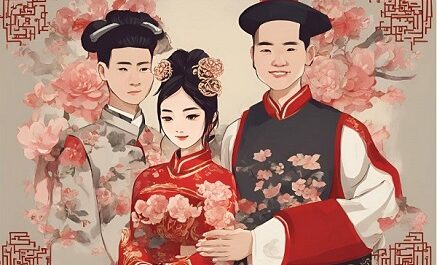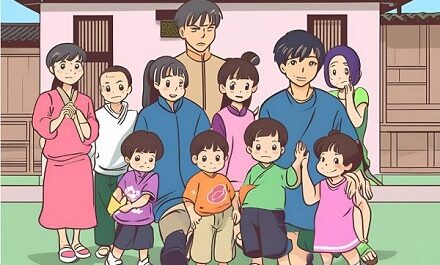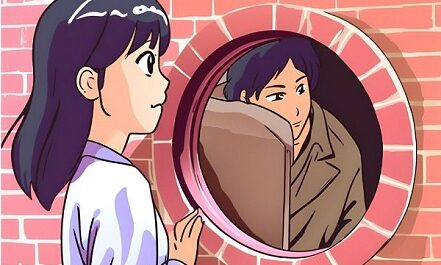Learn Chinese Idiom with Pinyin and English
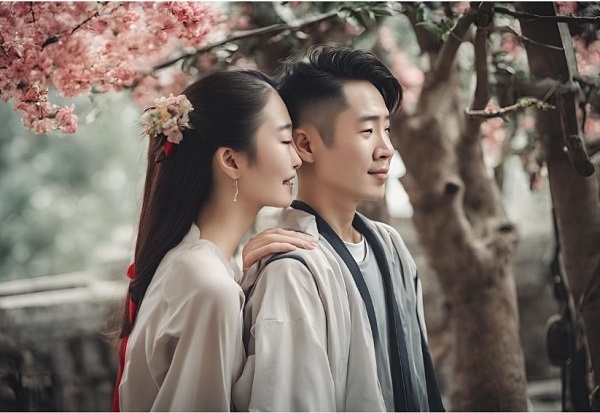
- Idiom in Chinese-男女有别。
- Pinyin of Idiom– nán nǚ yǒu bié.
- Idiom’s Meaning in English– This idiom refers to the inherent differences between men and women in physiology, psychology, behavior, and social roles. It emphasizes the need to recognize and respect these distinctions.
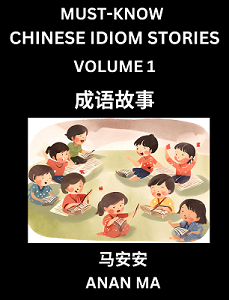
Chinese Idiom Stories Books (HSK All Levels):
- Books to Learn Chinese Idiom Stories (Part 1)
- Books to Learn Chinese Idiom Stories (Part 2)
- Books to Learn Chinese Idiom Stories (Part 3)
Learn Chinese Idiom Story in English (成语故事的英文)
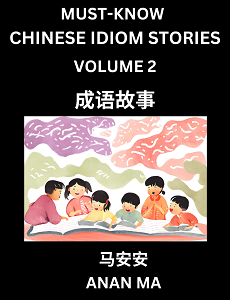
The idiom “nan nu you bie” originated from the ancient Chinese society’s gender concepts and etiquette. In ancient times, there were strict boundaries between men and women in social interactions and daily life. Men were expected to engage in external affairs, while women took care of household chores. For instance, in an ancient village, there was a boy and a girl who were good friends. However, due to the concept of “nan nu you bie,” they were not allowed to play or study together, nor could they even eat meals together. The boy’s family told him that boys should strive to learn and work hard, while girls should learn cooking and needlework. Despite missing each other deeply, they could not freely communicate because of the boundaries imposed by the concept of “nan nu you bie.”
Learn Idiom Story in Chinese (成语故事)
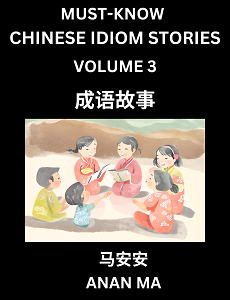
“男女有别”这个成语源自古代社会的性别观念和礼教。在古代,男女在社交和日常生活中有严格的界限,男子从事外务,女子则负责家庭内务。例如,在一个古老的村庄里,有一个男孩和一个女孩,他们是好朋友,但由于男女有别的观念,他们不能一起玩耍或学习,甚至不能一起吃饭。男孩的家人告诉他,男子应当努力学习和工作,而女孩则应当学习烹饪和女工。尽管他们心中彼此思念,但因为“男女有别”的界限,他们无法自由交流。
Learn Keywords with English, Simplified Chinese Characters, and Pinyin (关键词)
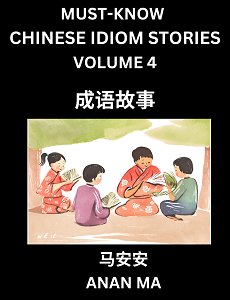
- 在一个古老的村庄里(zài yí gè gǔ lǎo de cūn zhuāng lǐ): ancient village
- 男孩(nán hái): boy
- 女孩(nǚ hái): girl
- 好朋友(hǎo péng yǒu): good friends
- 男女有别(nán nǚ yǒu bié): there are inherent differences between men and women
- 社交(shè jiāo): social interaction
- 日常生活(rì cháng shēng huó): daily life
- 界限(jiè xiàn): boundaries
- 外务(wài wù): external affairs
- 家庭内务(jiā tíng nèi wù): household chores
- 学习(xué xí): study
- 烹饪(pēng rèn): cooking
- 女工(nǚ gōng): needlework
- 思念(sī niàn): miss
Pinyin of Idiom Story (故事的拼音)
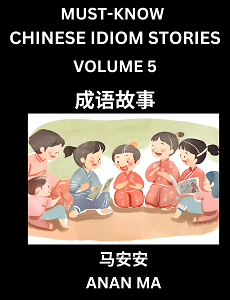
“Nánnǚ yǒu bié” zhège chéngyǔ yuán zì gǔdài shèhuì dì xìngbié guānniàn hé lǐjiào. Zài gǔdài, nánnǚ zài shèjiāo hé rìcháng shēnghuó zhōng yǒu yángé de jièxiàn, nánzǐ cóngshì wàiwù, nǚzǐ zé fùzé jiātíng nèiwù. Lìrú, zài yīgè gǔlǎo de cūnzhuāng lǐ, yǒu yīgè nánhái hé yīgè nǚhái, tāmen shì hǎo péngyǒu, dàn yóuyú nánnǚ yǒu bié de guānniàn, tāmen bùnéng yīqǐ wánshuǎ huò xuéxí, shènzhì bùnéng yīqǐ chīfàn. Nánhái de jiārén gàosù tā, nánzǐ yīngdāng nǔlì xuéxí hé gōngzuò, ér nǚhái zé yīng dàng xuéxí pēngrèn hé nǚgōng. Jǐnguǎn tāmen xīnzhōng bǐcǐ sīniàn, dàn yīnwèi “nánnǚ yǒu bié” de jièxiàn, tāmen wúfǎ zìyóu jiāoliú.
